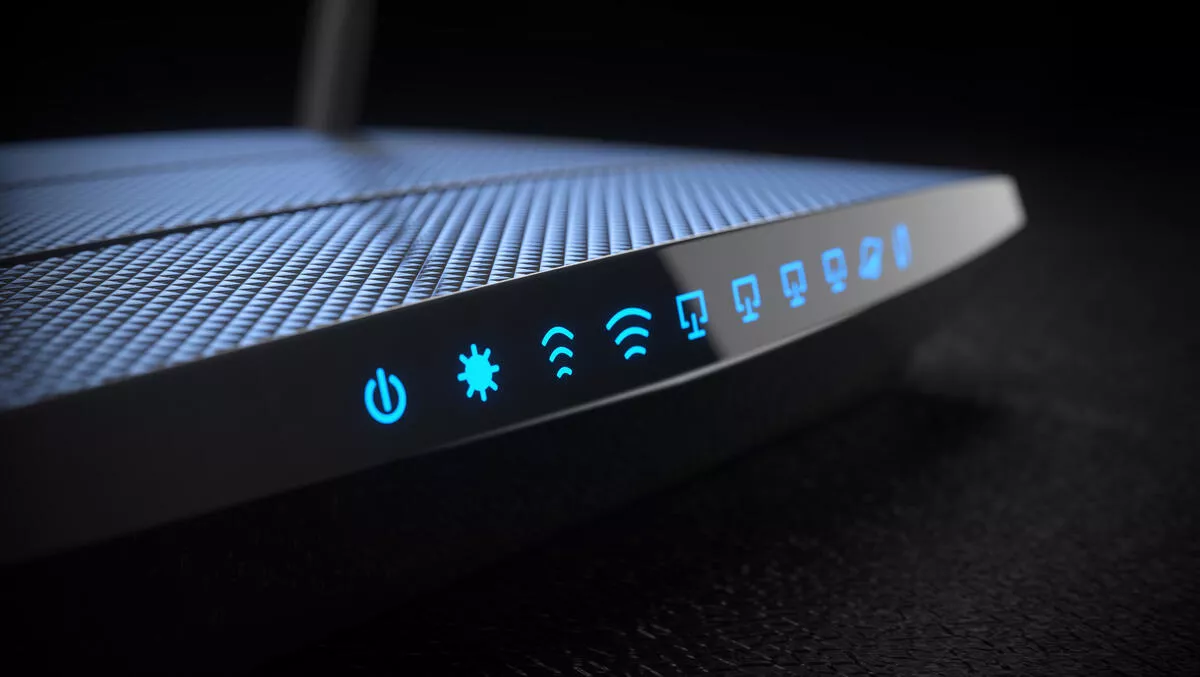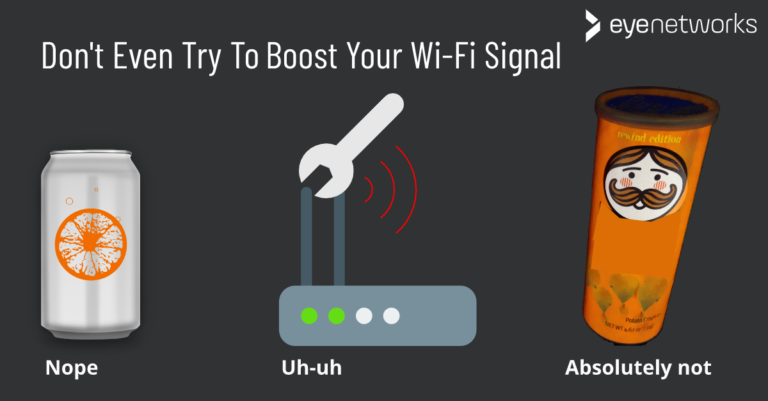Can Hackers Steal Wi-Fi?
The answer to the question “can hackers steal Wi-Fi?” is yes. It is possible for hackers to gain access to someone’s Wi-Fi network and steal data from it. They can do this by using a variety of techniques, such as exploiting a vulnerability in the router, or using a device to gain access to the network without permission. This is why it is important to ensure that your router is always up-to-date and secure. Additionally, using strong passwords and other security measures, such as two-factor authentication, can help prevent hackers from gaining access to your Wi-Fi network.
What is WiFi?
WiFi is a wireless network that enables devices such as laptops, tablets, and smartphones to connect to the internet. It works by sending data over radio waves from one device to another and is much faster than traditional wired connections. WiFi is ideal for connecting multiple devices to the internet at the same time, like when streaming movies, playing video games, or downloading large files. It can also be used to connect to public networks, such as in airports and hotels, or to access your home network. WiFi is an essential technology for modern life, making it easy to stay connected anytime, anywhere.
How Hackers Can Steal WiFi
WiFi is a convenient way to connect to the internet, but it can also be a target for hackers. Hackers can steal WiFi by using a variety of methods, including using malicious software, exploiting vulnerabilities in the router, or even eavesdropping on unencrypted WiFi networks. Malicious software can be used to gain access to a router’s settings, while exploiting vulnerabilities can allow a hacker to gain control of a router and gain access to passwords and other confidential information. Eavesdropping on unencrypted networks allows hackers to see the information being sent over the network. All of these methods can be used to gain access to confidential data, so it’s important for users to stay vigilant and secure their wireless networks.
Preventative Measures to Secure Your WiFi
Having an unprotected WiFi connection can be a security risk to your online data and privacy. Taking preventative measures to secure your WiFi connection is the best way to protect yourself and your data from hackers and malicious activity. Making sure your router is up-to-date and secure, setting up a strong password, using a VPN, and disabling WPS are all important steps to take when securing your WiFi connection. Updating your router’s firmware regularly, setting a strong alphanumeric password, and disabling WPS will help protect your connection from outside interference. Additionally, using a Virtual Private Network (VPN) will encrypt your data and prevent anyone from intercepting it while you are using public WiFi networks. Taking these preventative measures ensures that your data and online activity remain private and secure.

Common Misconceptions About WiFi Security
Wi-Fi security is an important topic to consider if you’re using a wireless network, but there are some common misconceptions associated with it. Many people think that their home network is secure because they have a strong password, but this isn’t necessarily true. Even with a strong password, your network can still be vulnerable to hacking and other malicious activities. Additionally, the idea that a wired connection is more secure than a wireless one is also false – both can be vulnerable to attack if the proper precautions aren’t taken. Lastly, it’s important to remember that regularly changing your password can help to keep your network secure, as well as ensuring that you have the latest security software installed. Taking these steps can help you to keep your network secure and protect your data.
The Impact of Stolen WiFi
In today’s day and age, the internet is almost as essential as food and water. With the rise of WiFi, it has become easier than ever for people to access the internet. However, with this convenience comes an increased risk of stolen WiFi. Stolen WiFi can be used to access sensitive data, leaving your personal information vulnerable to hackers. It is important to protect your WiFi network by using strong passwords and encrypting data to prevent unauthorized access. Additionally, it is important to be aware of the potential consequences of stolen WiFi, such as identity theft, financial loss, and damage to your reputation. As the world continues to become more connected, it is important to stay aware of the potential risks of stolen WiFi in order to protect yourself and your information.
Common Solutions to Secure WiFi
With the rise of wireless Internet, it is essential that we all take steps to secure our WiFi networks. Common solutions to secure WiFi include using strong passwords, disabling remote access, enabling encryption, using firewalls, and utilizing secure networks such as VPNs. Strong passwords should be at least 8 characters long and contain a mix of upper and lower case letters, numbers, and symbols. Disabling remote access can help prevent unauthorized access to your network. Encryption scrambles the data being sent and received, making it difficult for outsiders to intercept. Firewalls can also help filter out malicious traffic and keep your network safe. Finally, utilizing secure networks such as VPNs allows you to securely connect to the Internet with an encrypted connection, providing an extra layer of protection. Implementing these measures can help keep your WiFi network secure and protect your data.
FAQs About the Can Hackers Steal Wi-Fi?
Q1: Can hackers steal my Wi-Fi?
Yes, hackers can take advantage of security flaws to access your Wi-Fi network.
Q2: What can I do to protect my Wi-Fi network from hackers?
To protect your Wi-Fi network from hackers, use a strong password, keep your router’s firmware up-to-date, enable encryption on your network, and use a virtual private network (VPN).
Q3: How can I tell if my Wi-Fi has been hacked?
Signs that your Wi-Fi has been hacked include slower speeds, unusual activity on your network, and unfamiliar devices connected to your network.
Conclusion
Hacking Wi-Fi networks is possible, but it is becoming increasingly difficult to do so. Even if a hacker is able to access a network, they may not be able to breach security protocols protecting valuable data. If a Wi-Fi network is secured with a strong password, it is unlikely that a hacker would be able to access it. It is important for users to protect their Wi-Fi networks with strong passwords and to keep their networks up to date with the latest security patches.



